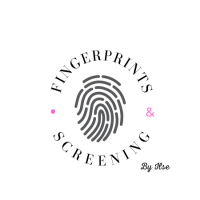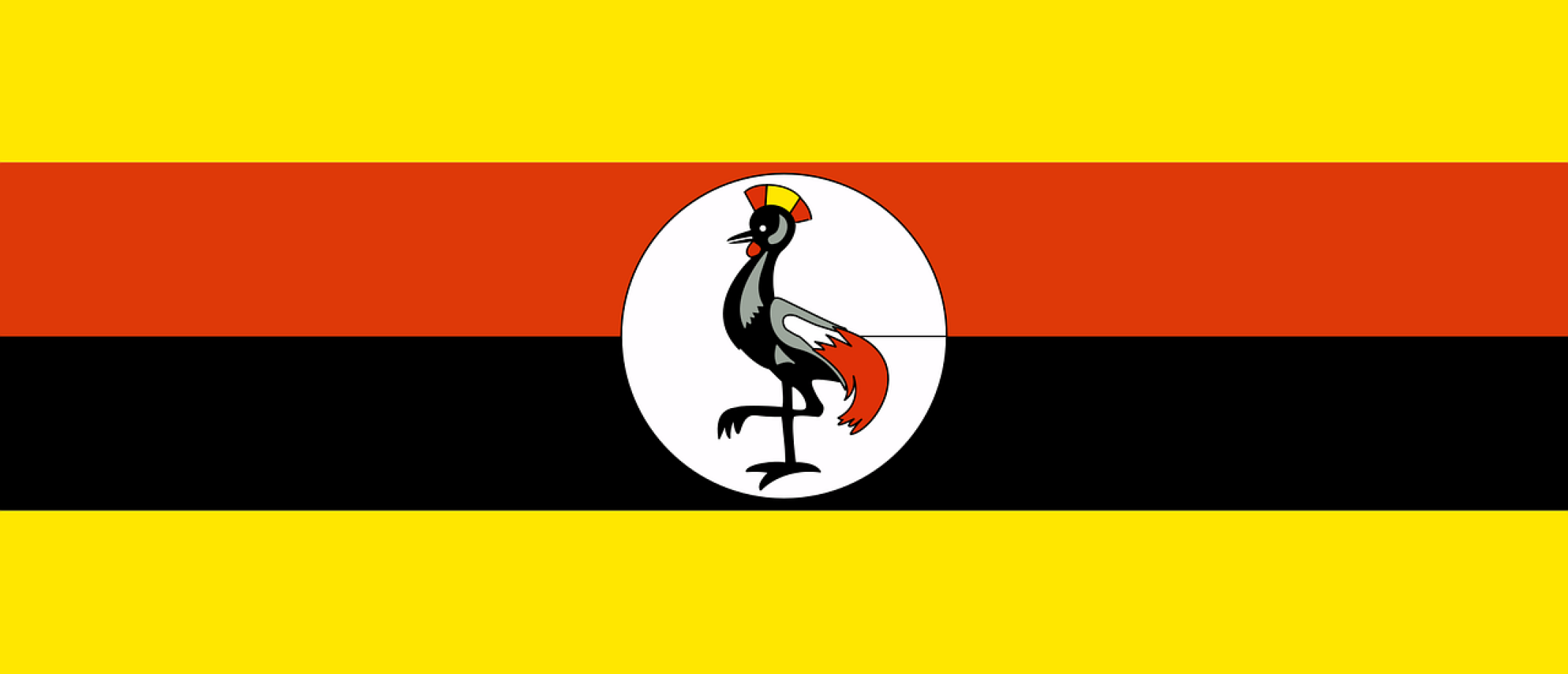Everything you need to know about Dutch VGB investigations by the AIVD and MIVD
If you want to hold a position of trust within the government or certain companies, you often need to obtain a Verklaring van Geen Bezwaar (VGB) (Certificate of No Objection). This means that the General Intelligence and Security Service (AIVD) or the Military Intelligence and Security Service (MIVD) will conduct a security screening to assess whether you pose a risk to national security. In this article, we explain what information you need to provide for the different screening levels (A, B, and C) and how to navigate this process smoothly.
What is a Security Screening?
A security screening is an investigation conducted by the AIVD or MIVD to determine whether a person is reliable and has the integrity required to hold a position of trust. Depending on the role and its associated risks, there are three levels of investigation: A, B, and C. The higher the level, the more in-depth the screening.
What information do you need to provide?
Each security screening level has different requirements. Below is an overview of the necessary documents and information per level.
General Requirements for All Levels
Anyone applying for a VGB must submit the following documents:
Electronic Personal Data Statement (eOPG): A digitally completed and signed form containing personal details. You will receive the link from your employer.
👉 More information: AIVD eOPG
Copy of Identification Document: A clear copy of a valid passport or ID card.
Security Screening Registration Form (AV): A form completed and signed by your employer to initiate the security screening application.
Are you undergoing a VGB Screening for civil aviation?
If you are applying for a VGB for civil aviation, you cannot yet submit your information via eOPG. Instead, you must complete and send a paper-based OPG form, which you can find here:
👉 OPG form for Civil Aviation
Specific requirements per level
A-Level screening (most comprehensive)
- Review period: The past 10 years are examined.
- Screening of partner and immediate family members: Your partner and immediate family will also be investigated.
- Additional information: If you have lived abroad for more than six months, you must provide extra supporting documents.
- Download checklist A-level screening
B-Level screening
- Review period: The past 8 years are examined.
- Screening of partner: Only your partner will be investigated, not your immediate family.
- Additional information: If you have lived abroad for more than six months, you must provide supporting documents.
- Download checklist B-level screening
C-Level screening (least comprehensive)
- Review period: The past 5 years are examined.
- No screening of partner or family: Only you will be investigated.
- Additional information: If you have lived abroad for more than six months, you must provide supporting documents.
- Download checklist C-level screening
Important considerations
Residence Abroad: If you have lived abroad for an extended period, you must provide verifiable proof, such as:
- Police clearance certificate
If you have lived abroad for an extended period, you must provide tangible and verifiable evidence, such as proof of registration, rental contracts, employment contracts, and a Certificate of Good Conduct from that country. Our advice is to request these documents at the beginning of your VGB screening process.In most cases, if you don’t, you will receive a letter from the AIVD or MIVD after eight weeks requesting this certificate. As a result, your screening will be put on hold, because obtaining this certificate from abroad typically takes longer than a week. This often leads to delays, and in many cases, your start date may have to be postponed. - Municipality registration or equivalent proof
- Rental agreements or property deeds
- Employment contracts
Additional Documentation: The AIVD or MIVD may request extra documents such as bank statements or pay slips if deemed necessary.
Consent: You must provide written consent for the security screening and any follow-up investigations.
👉 More details on these requirements can be found in the official Staatscourant publication or the AIVD policy guidelines.
Required documents for foreign stays
If you have spent more than six months abroad, the AIVD or MIVD may require additional information and supporting documents. Below is an overview of key documents that may be required:
Police Clearance Certificate (PCC) / Certificate of Good Conduct (VOG) from the relevant country
- An official document proving whether you have a criminal record in that country.
Proof of residence and registration
- Official documents confirming that you lived abroad, such as:
- Municipality registration (or equivalent)
- Rental agreements or property deeds
- Utility bills (e.g., electricity, water) in your name
Employment and income proof
- If you worked abroad, you may need to provide:
- Employer statements or references
- Pay slips or tax returns
- Work permits (if applicable)
Bank statements
- To prove you were financially active in the country, bank statements from your stay may be required.
Education or training documents
- If you studied abroad:
- Proof of enrollment in an educational institution
- Diplomas or certificates of completed studies
Travel documentation and Visa status
- If applicable, the following may be required:
- Copies of passport stamps for entry and exit
- Visa or residence permits valid during your stay
Reference statements
- In some cases, declarations from people who can confirm your stay abroad may be required, such as:
- Employers
- Landlords
- Government agencies
These documents may not always be required, but depending on your specific situation and the country where you lived, the AIVD or MIVD may request additional proof.
This checklist provides a starting point for gathering necessary information. Foreign documents can take longer to obtain—a PCC from another country can take weeks longer than in the Netherlands. Starting early can help avoid delays in your VGB investigation.
Want to know more?
A security screening is a crucial process for anyone seeking a position of trust. Depending on the screening level, different types of information must be provided. Ensure all required documents are submitted on time and correctly to avoid delays.
For the latest information, visit the official AIVD or Ministry of Defence websites.
Security clearance & Foreign Certificates of Good Conduct (CGC / VOG) in The Netherlands
My new job is starting soon, but my security clearance is still pending. What should I do?
Don’t wait to apply for foreign documents like a Certificate of Good Conduct (CGC). Without a complete screening, you often cannot start. Some certificates take weeks or even months. If you’ve lived abroad, apply early.
I’ve already had my fingerprints taken before. Do I need to do it again for a new certificate?
In many cases, yes. A certificate of good conduct is usually not valid for a year. If your last certificate is older than 3 to 6 months (depending on the organization), you need to apply again, even if it’s from a foreign country.
I’ve lived abroad for a while. Do I need to do something about that?
Yes, foreign stays are part of the screening. You may need a certificate of good conduct or similar document from that country – even for a temporary internship or short-term work.
I’m undergoing a C-level screening. Do I still need to provide foreign documents?
Possibly. Even for C-level screenings, foreign stays may count. A stay of 6 months or longer within the last 5 years may require a certificate from that country.
Will my partner also be screened?
Yes, for A- and B-level screenings, your home situation is also reviewed. If your partner has lived abroad or is from another country, they may also need to submit a VOG from that country.
Can delays in the certificate of good conduct application cause problems?
Yes. Delays can prevent you from starting your (new) job on time – or may even cause you to lose the position. Foreign documents often cause delays, especially if you only learn about them late in the process. Apply early.
When should I arrange everything?
As soon as you know a security clearance is required. Use our level-based checklists (A, B, or C) to see which documents you need.
(Need a checklist? Visit our website or contact us and we’ll send it to you.)
Can I start working while the screening is still ongoing?
Usually not. Especially in positions with confidential information, you may only start after the screening is approved. Without approval, access to systems or buildings is generally not allowed.
How do I know which document I need from which country?
If you’ve lived outside the Netherlands for more than 6 months during the screening period, it’s almost certain that you’ll need to request a certificate from that country.
How long does it take to apply for a foreign certificate of good conduct (CGC)?
t varies by country: from a few days to several months. Don’t wait until the last minute.
What if I’m unsure whether I need a certificate?
Contact us or use the checklist. It depends on the length of your stay and the level of the screening.
Can I get my fingerprints taken with you for a foreign certificate of good conduct?
Yes. We take internationally recognized fingerprints that meet the requirements for countries such as Canada, the USA, Singapore, Australia, and South Africa.






